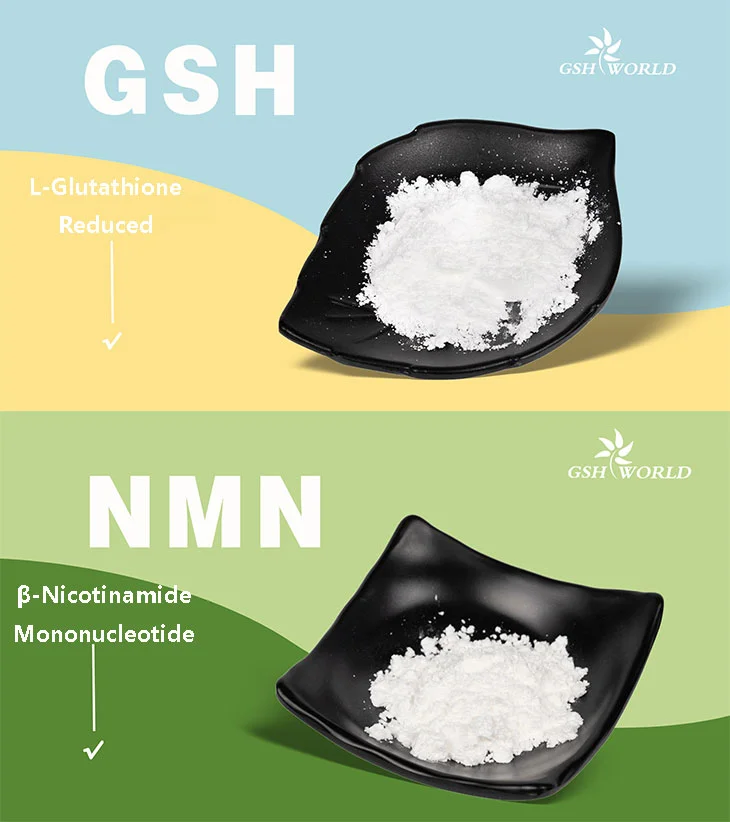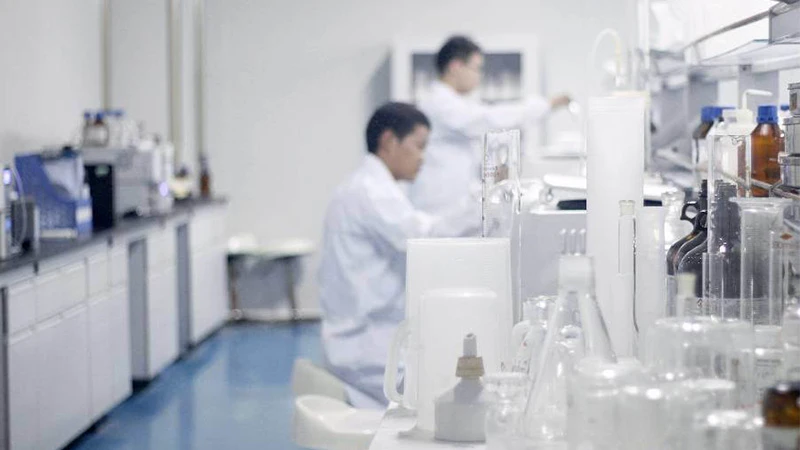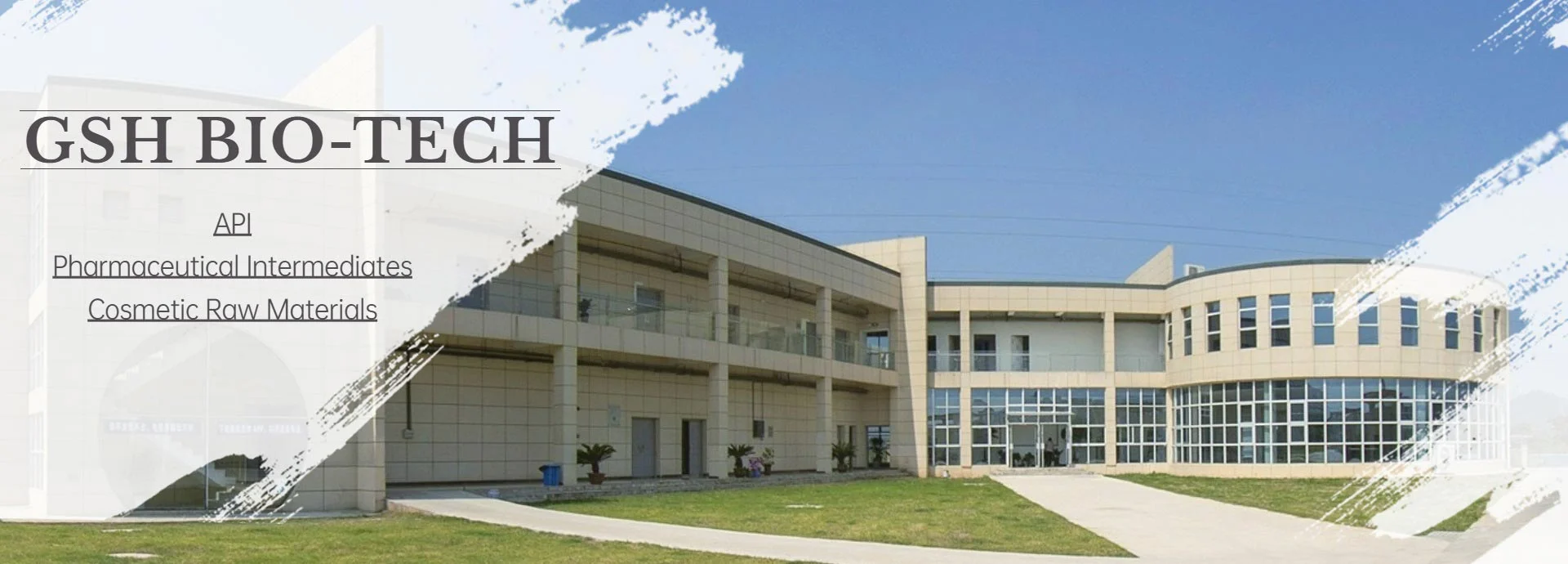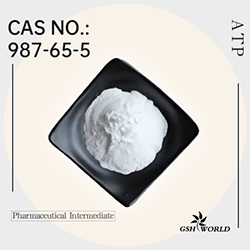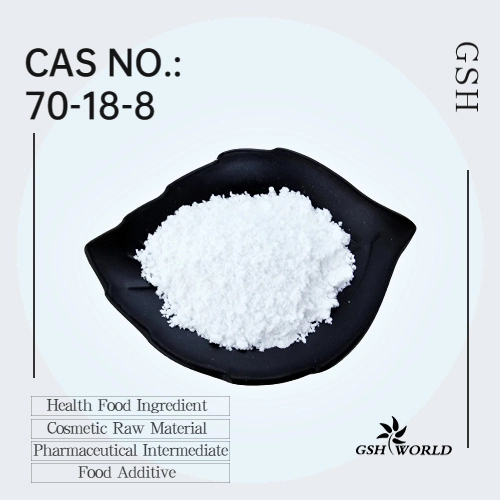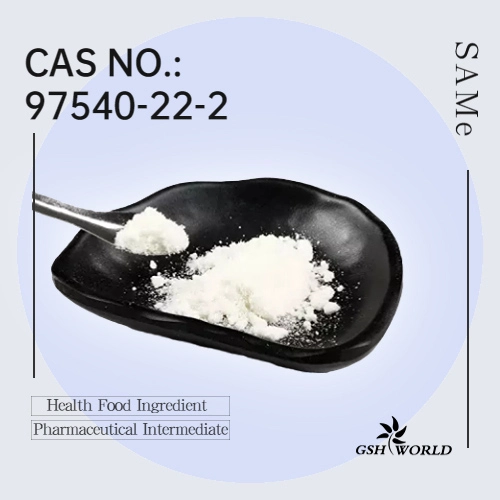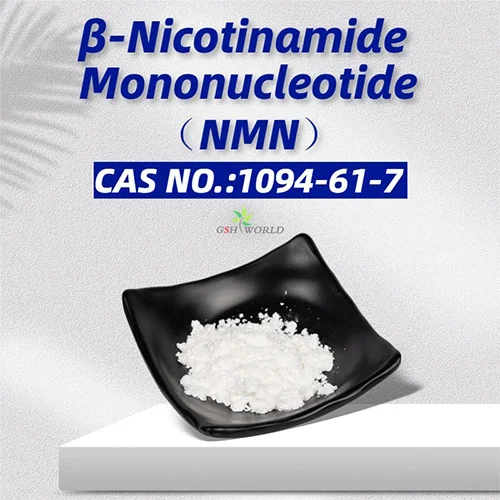The role of Adenosine triphosphate (ATP) in medicine
Adenosine triphosphate (ATP) is a small molecule found in cells of all living organisms and is essential for life. ATP is the main energy source for many important biochemical reactions, such as muscle contraction, the synthesis of nucleic acids, the hydrolysis of proteins, the storage of energy from food, and others. As a result, ATP has become an important molecule in pharmacology.
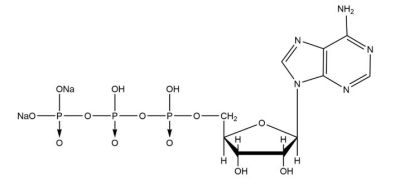
ATP is a unique molecule that is capable of storing and transferring energy in the form of chemical bond energy. It is produced in a number of ways, including the oxidation of carbohydrates, fatty acids, and amino acids. In addition, ATP can be produced in the presence of oxygen in the mitochondrion by oxidative phosphorylation. ATP is also formed in the presence of oxygen by the process of substrate-level phosphorylation, which occurs in the cytoplasm.
One of the most important functions of ATP in pharmacology is as an energy source for nerve impulses. Various compounds found in nerve cells, such as calcium, sodium, and potassium, undergo a biochemical reaction that requires energy, which can be provided by ATP. When an impulse is triggered, a large amount of ATP is used to transfer the energy from the nerve cell to the muscle cell. This energy is essential for muscle contraction and the conduction of the nerve impulse.
In addition to being a key agent in nerve impulse transmission, ATP is also involved in the regulation of smooth muscle contraction. Most smooth muscle tissues, such as the heart and veins, contain ATP receptors that respond to the presence of ATP. When ATP is present, it causes smooth muscle contraction. By regulating the amount of ATP in smooth muscle tissue, pharmacists can help to regulate the contraction and relaxation of smooth muscle tissue.
ATP is also important for the functioning of the immune system. Cells of the immune system contain receptors that can recognize foreign cells or substances in the body. ATP is one of the molecules involved in these recognition processes, which enable the immune system to recognize and respond to an invading organism or substance. The release of ATP from the receptors can trigger further responses from the cells of the immune system, such as the release of hormones or cytokines that promote an immune response.
ATP is also involved in the metabolism of nucleic acids and proteins, which are important for the synthesis of proteins and nucleic acids. ATP is required for ribosomal assembly and RNA polymerase–mediated transcription for the conversion of mRNA into proteins. It is also important in the hydrolysis of proteins, as it provides the necessary energy required for the breakdown of proteins into their amino acid components.
In summary, ATP is a vital and essential molecule in pharmacology. It is essential for nerve transmission, smooth muscle contraction, immune response, and the metabolism of nucleic acids and proteins. Without ATP, life as we know it would be impossible.
*Special note - This article is for informational purposes only and cannot replace a doctor's treatment diagnosis and advice. It should not be regarded as a recommendation or proof of efficacy of the medical products involved. If it involves disease diagnosis, treatment, and rehabilitation, please be sure to go to a professional medical institution to seek professional advice.
by GSHWORLD
GSHWORLD is China Biological API Manufacturer. China Adenosine triphosphate Supplements powder suppliers & best Adenosine triphosphate benefits raw material Factory.


